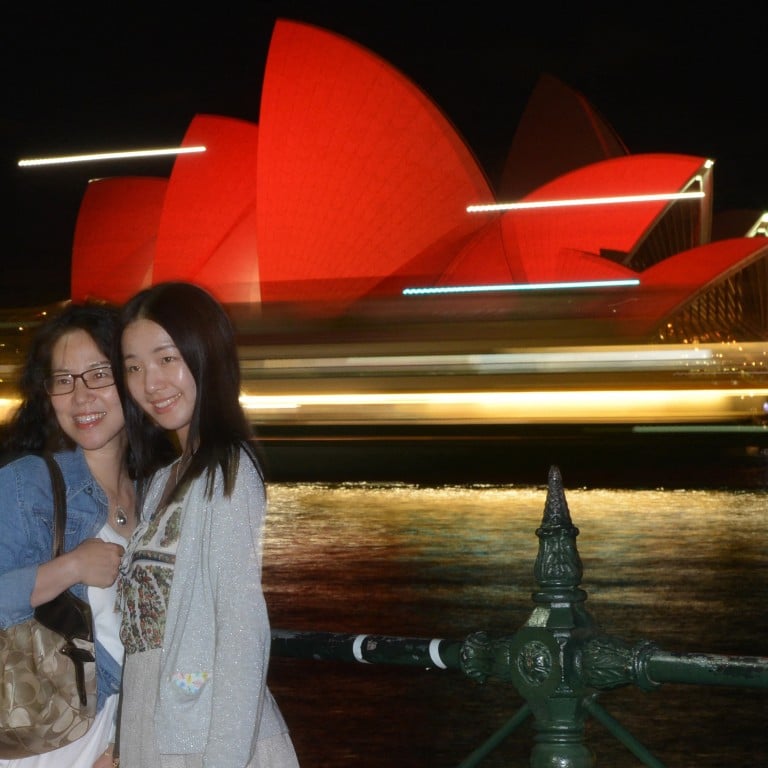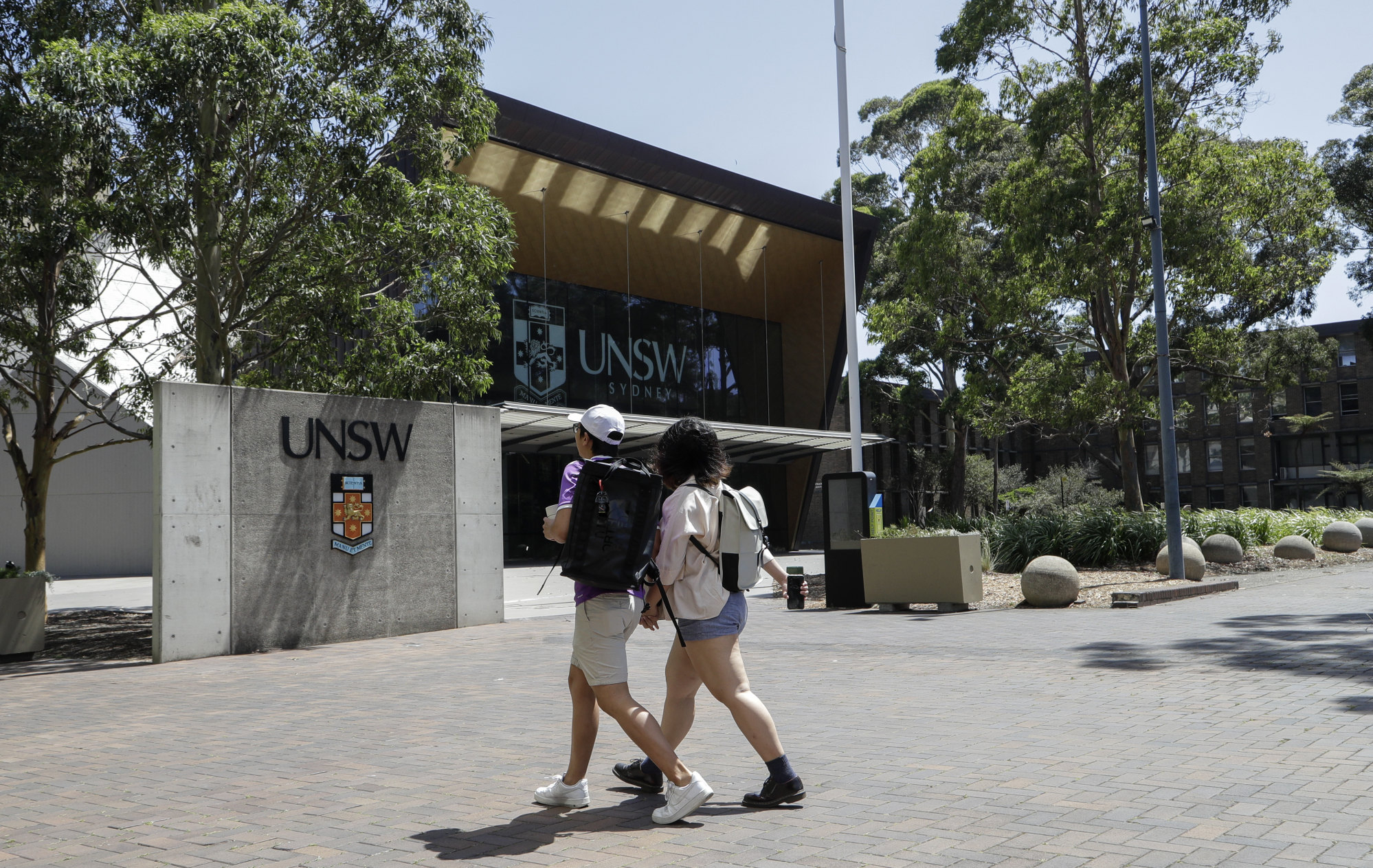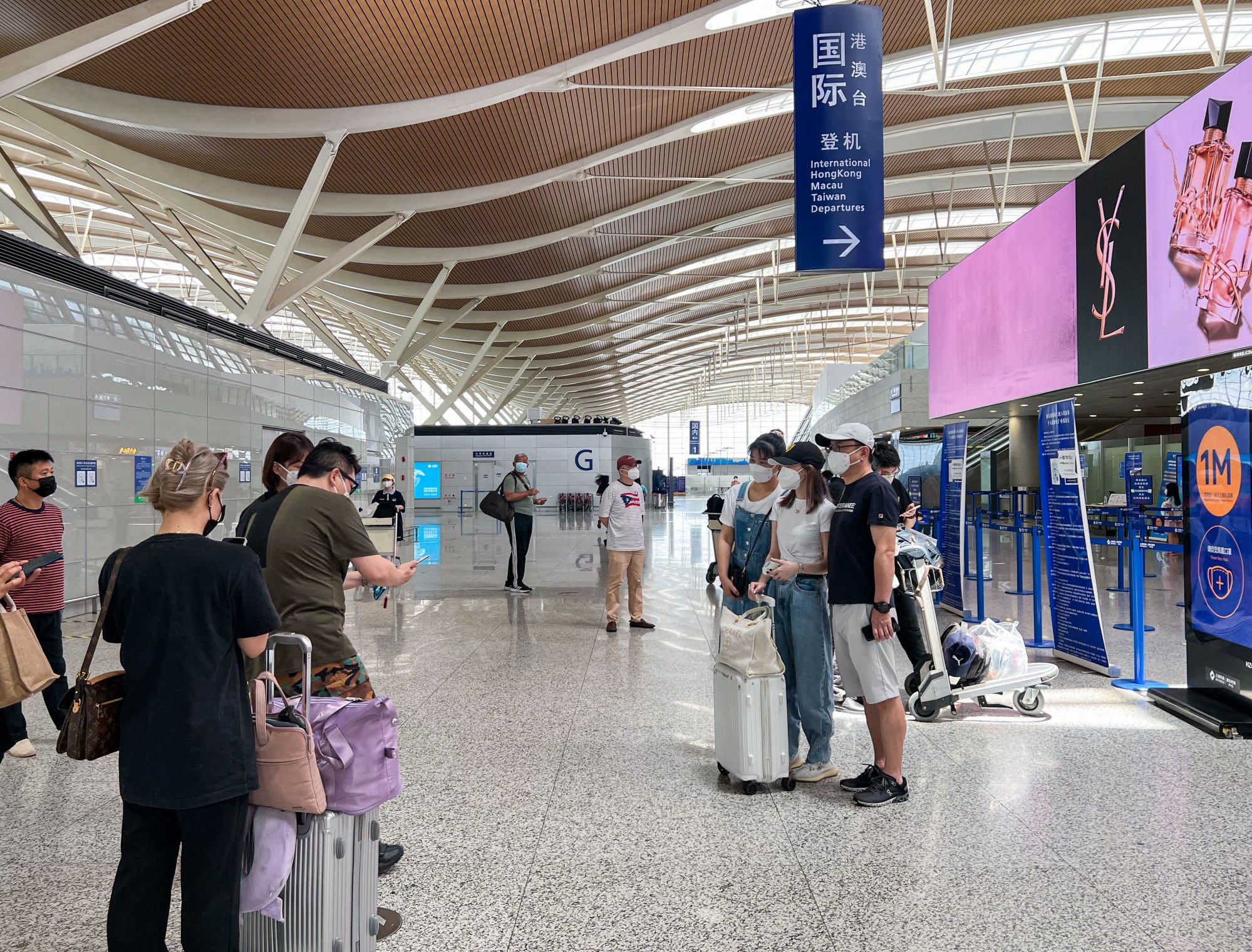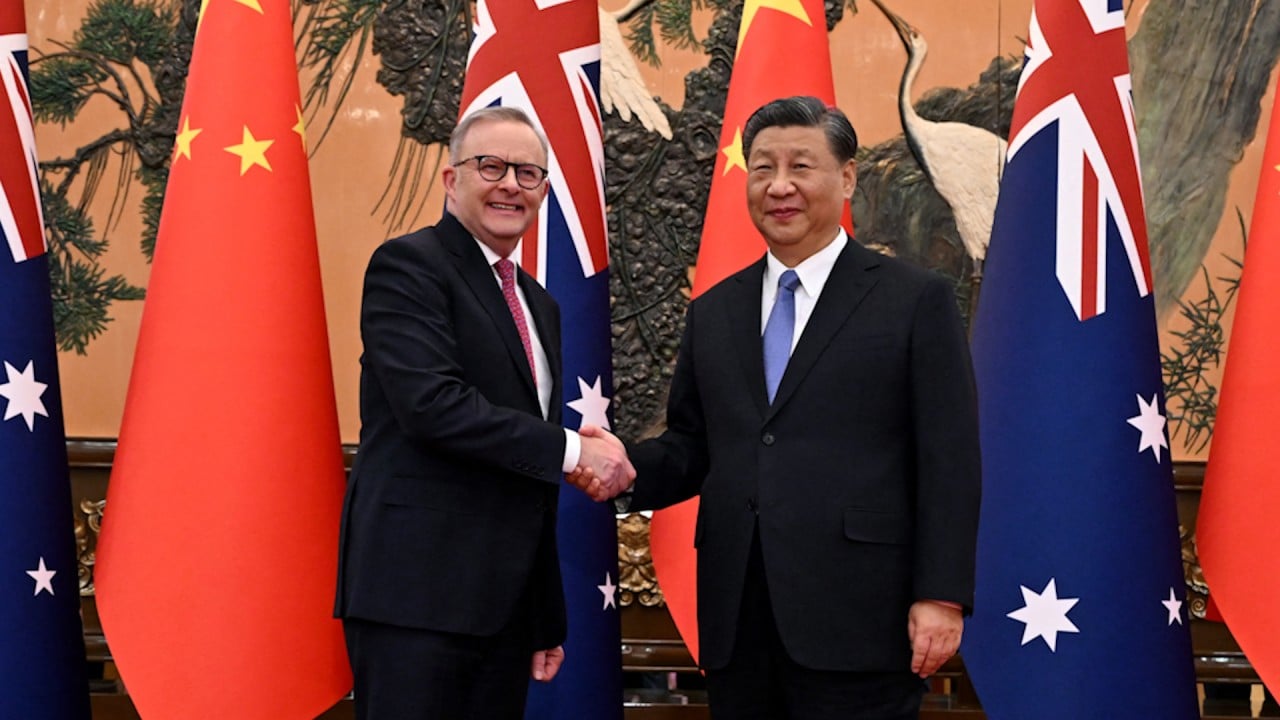
As China-Australia ties fray, should Canberra keep its friends close, its enemies closer?
- If China is indeed a power to be worried about, wouldn’t Australia want to know as much about it as possible, perhaps even know what it is up to?
- Blocking or reducing interaction with China or other countries only reduces Australia to a petty, hollow state that is susceptible to misunderstandings
The problem was so chronic that earlier this month, 60 academics penned a letter to Australia’s main funding research agency, the Australian Research Council, saying the production of core China research in Australia is in crisis.
They cite the Australian Academy of Humanities, whose report last year flagged little support for China-related research at scale.
The academy is concerned because having sovereign China knowledge capability is “critical to ensuring that challenges and opportunities are understood with Australia’s distinctive interests in view”.
There is little doubt the drop in Australian funding for research on China and research between Australian and Chinese academics has everything to do with the gnarly “red scare” that lingers in the western end of Asia-Pacific.

Just about everything including business collaboration with China has slowed in Australia for “national security” reasons.
Academics, whose goals are to amass and build valuable knowledge, know that a loss of an understanding of a key trading partner like China and a loss of an exposure to its innovation know-how are detrimental – for Australia.
Beijing’s record in the global academic scene is problematic, and fearmongers are quick to magnify it.
Some years ago, China’s Confucius institutes – although designed to teach Chinese language and culture similar to other promotional institutes like France’s Alliance Française or Germany’s Goethe-Institut – came under scrutiny for allegedly extending Beijing’s influence at overseas academic institutions.
None of these suspicions were proven, but analysts say there is good reason to assume these institutes would not be excluded from achieving Beijing’s goals and objectives.
Equally, media, anti-China proponents and even security establishments have sought to reinforce suspicions of Chinese academics on university campuses or to rubbish the reputations of academics who support collaboration with China.
Last week, Queensland University of Technology PhD student Xiaolong Zhu’s visa to study in Australia was denied on the grounds of being “directly or indirectly associated with the proliferation of weapons of mass destruction”.
I agree with Southern Cross University academic Brendan Walker-Munro who says in an analysis last week that while Zhu has not done anything wrong or been convicted of a crime, it reveals Australia’s rather patchy and blunt approach to “research security”.
But it is effective in carving political legitimations that China is an “enemy” in Australia, evidence or no evidence.
Australian and Chinese academics now tread a landmine-strewn landscape where, as the Australia-China Relations Institute says, any kind of collaboration could be seen as a conduit for espionage, foreign interference, intellectual property theft or supporting ends that are contrary to Australian values.
So, applications drop, grants shrink, research disappears. But who loses? Australia.
Australia loses because paranoia only achieves so much – mostly votes for politicians seeking to capitalise on fear and division.

If China is indeed a power to be worried about, wouldn’t Australia want to know as much about it as possible, perhaps even know what it is up to?
Former Australian diplomat Jocelyn Chey, one of the few Australians to study the Chinese language after the Second World War, says her studies helped her navigate pathways and avoid pitfalls for the benefit of Australia.
Just as the 60 academics wrote their letter, Chey also penned a local op-ed last week expressing concerns about the loss of China studies in Australia.
And it’s not just the Chinese studies that are declining in Australia, so are studies in other Asian languages such as Bahasa Indonesia, all of which are critical to Australia’s national interests.
Understanding others through language and culture shapes a more sophisticated Australia in its dealings with its closest neighbours.
Blocking or reducing interactions with China or other countries only reduces Australia to a petty, hollow state, susceptible to missteps, misperceptions and misunderstandings.
As the 60 academics write, “this trend runs counter to our national sovereign interests at a time when China is becoming increasingly more important to the Australian economy and also to our stability and security in Asia-Pacific”.
If the “enemy” description must stay, then Chinese literature, especially those by Chinese strategist Sun Tzu, is – ironically – pertinent to Australia at this point.
Shouldn’t Australia keep its friends close, but its enemies closer?


